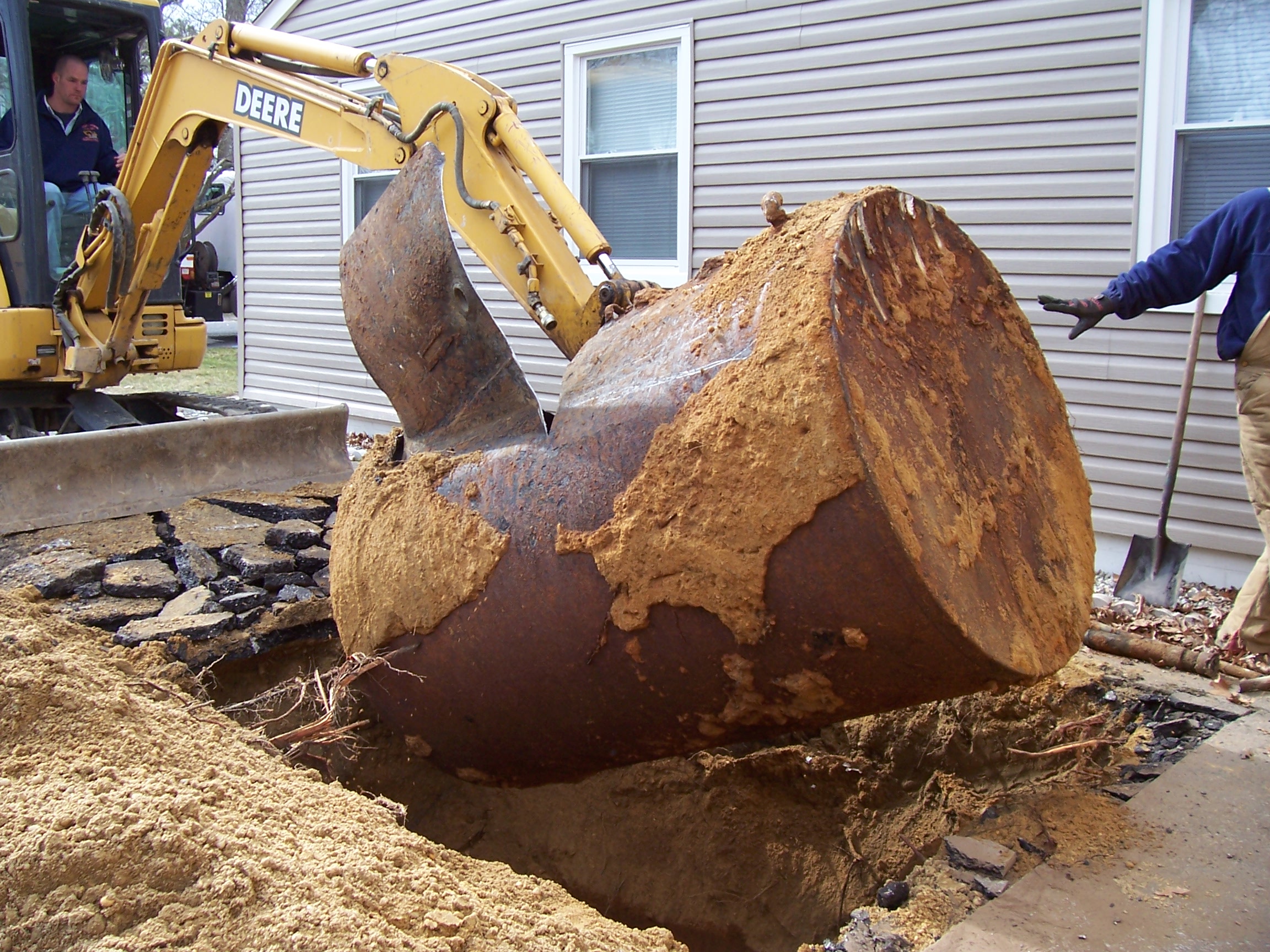Homeowners don’t often consider the state of their tanks for oil, but they are an essential part of any home’s infrastructure. The responsibility of ensuring proper and safe functioning of your heating system and storage tank for oil falls on the shoulders of property owners. Neglecting to maintain and possibly replace an oil tank can cause serious ecological and financial consequences.

Oil tanks are an essential part of any home heating system if they are operating properly. The consequences of leaks in oil can be costly as well as environmentally harmful. This is why it is crucial for homeowners to stay informed about their oil tank systems and be proactive in replacing them if they are required.
In states like Massachusetts, New Hampshire and Rhode Island, the average cost to replace an oil tank weighing 275 gallons is $3,600. This estimate is for oil tanks that are placed inside basements as well as outside with no access issues. While this expense may appear large, it’s vital to ensure your safety and comfort inside your home.
Knowing the environmental and financial consequences of replacing the oil tank is essential for homeowners. If you do not take this into consideration, it could cause leaks in the tank that can be costly, but also negatively impact the environmental. To reduce these risks homeowners must make it a priority to replace the tanks that hold their oil.
If you are considering the cost of replacing the oil tank, it is important for homeowners to be aware of the cost total. Knowing the average cost of replacement will allow homeowners to plan their budgets for this crucial purchase.
Finding reliable oil tank replacement services near your location is crucial. Homeowners should seek experts who are trustworthy and are able to provide professional guidance. They can also guarantee that the process of replacing your tank is easy. Locating trustworthy and experienced service providers can offer peace of mind and assurance that the replacement of the oil tank will be done quickly and effectively.
Homeowners must be prepared for the replacement of their oil tanks. Making educated decisions requires you know the essential aspects of removing the oil tank which include the cost to replace the tank as soon as possible, and the impact it has on the environment and safety.
The need to plan for budgeting is vital when replacing an oil tank. In order to create a complete budget, homeowners have to understand the average cost as well as any additional costs. This strategy allows homeowners to better manage their finances and ensures a smooth transition to a new oil tank.
The replacement of the oil tank is more than just a financial decision. It’s an investment for the safety and comfort of your house. In recognizing the importance of timely replacement, homeowners can safeguard their homes and surroundings from the potential dangers associated with older or damaged oil tanks.
Conclusion: Replacement of the oil tank is essential to maintaining a functioning, safe and secure house. homeowners should prioritize replacing their oil tanks to minimize the environmental and financial risks that can arise from neglecting this vital maintenance task. When they understand the costs associated with this task, obtaining reliable services and understanding the importance of this investment, homeowners are able to protect the security and comfort of their home for years to in the future.
